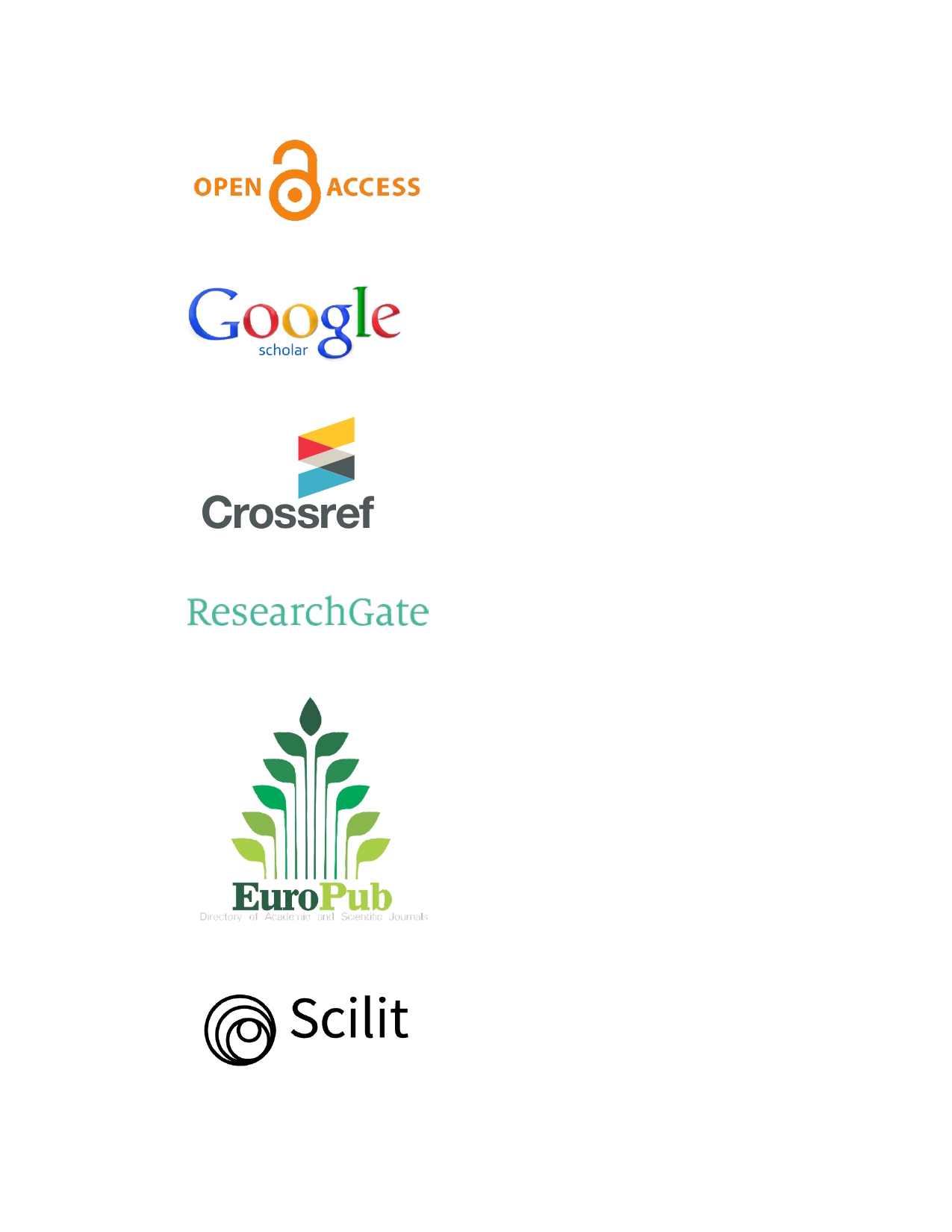Sexting Behavior and Social Media Addiction as Predictors of Depression Anxiety and Stress among University Undergraduates
Keywords:
Sexting, social media addiction, depression, anxiety, stress, undergraduatesAbstract
This study examined the predictive influence of sexting behavior and social media addiction on the severities of depression anxiety and stress among undergraduates in a selected Nigerian university. Using a cross sectional survey, the study sample comprised of 299 participants (160 male and 139 female) with a mean age of 21 years. Participants responded to Bergen Facebook Addiction Scale (BFAS), Depression Anxiety Stress Scale (DASS) and the Sexting Behavior Scale (SBS). Descriptive and inferential statistics were used for data analysis. 13.7% severe depression, 16.9% severe anxiety and 17.3% sever stress levels were reported. Factors of social media addiction (salience, tolerance, mood modification, relapse, withdrawal and conflict) jointly and significantly predicted depression (R2 = .113 p= .000); Anxiety (R2 = .105, p=.000); and stress (R2 = .095, p= .000) among undergraduates. Sexting behavior significantly predicted the severity of depression (R2 = .171, p= .000); anxiety (R2 = .197, p= .000); and stress (R2 = .201, p=.000). Results imply that there is a high incidence of depression, anxiety and stress among the undergraduates, and that sexting behavior and social media addiction are significant predictors of depression anxiety and stress among university undergraduates.
Downloads
Published
How to Cite
Issue
Section
License
Copyright (c) 2024 Akpunne Bede Chinonye, Mopa-Egbunu, Adenike, Egwele, Chinonye Deborah, Akpunne Elizabeth Nkechi

This work is licensed under a Creative Commons Attribution 4.0 International License.






